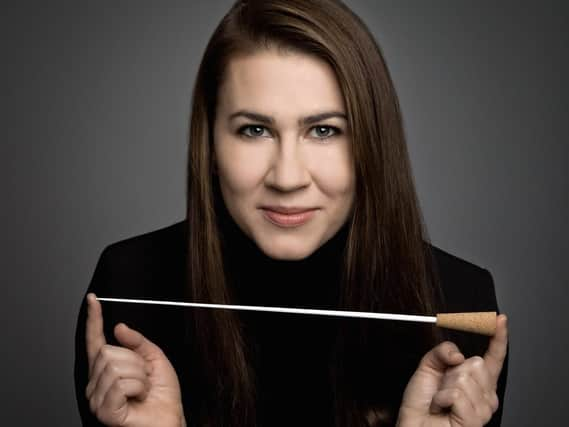BSO, Smooth Classics II REVIEW: '˜Valse Triste by Sibelius was a spooky start to the the second half'


Four of the pieces were slow movements from piano concertos with Ukranian Anna Fedorova as soloist. The conductor spoke a few words about each piece prior to performance.
The first half was programmed for relaxing equanimity.
It opened with the Romanze from Mozart's Eine Kleine Nachtmusik, for strings only, which set the tone.
Advertisement
Hide AdAdvertisement
Hide AdThe Entr'acte after act 2 from Bizet's Carmen followed, with a well-known melody first appearing on flute with harp accompaniment.
The first piano concerto movement was the Andante from Shostakovich 2nd with a beautiful flowing melody.
A Debussy arrangement of a Satie work originally for piano, Gymnopédie No 1, provided a brief moment of rich orchestral colours prior to the next piano work, the second movement from Mozart's 21st concerto. The conductor pointed out this was in F major, a key for expressing sentiment.
The Larghetto from Dvořák Serenade for Strings completed the first half.
Advertisement
Hide AdAdvertisement
Hide AdValse Triste by Sibelius was a spooky start to the series of more animated pieces in the second half.
The Andante from Rachmaninov 2nd piano concerto provided some intensity with orchestral tuttis.
The Pavane pour une infante défunte by Ravel had some charming calm with notable solo horn.
The final piano piece was the Adagio from Beethoven's 5th concerto, a movement of relative calm.
Advertisement
Hide AdAdvertisement
Hide AdMore flute and harp followed in Vaughan Williams's Fantasia on Greensleeves.
The 2nd movement of Tchaikovsky's 5th symphony completed the programme with substantial auditory and emotional impact from the full orchestra.
As an encore BSO played Sicilienne from Fauré's Pelléas et Mélisande op. 80.